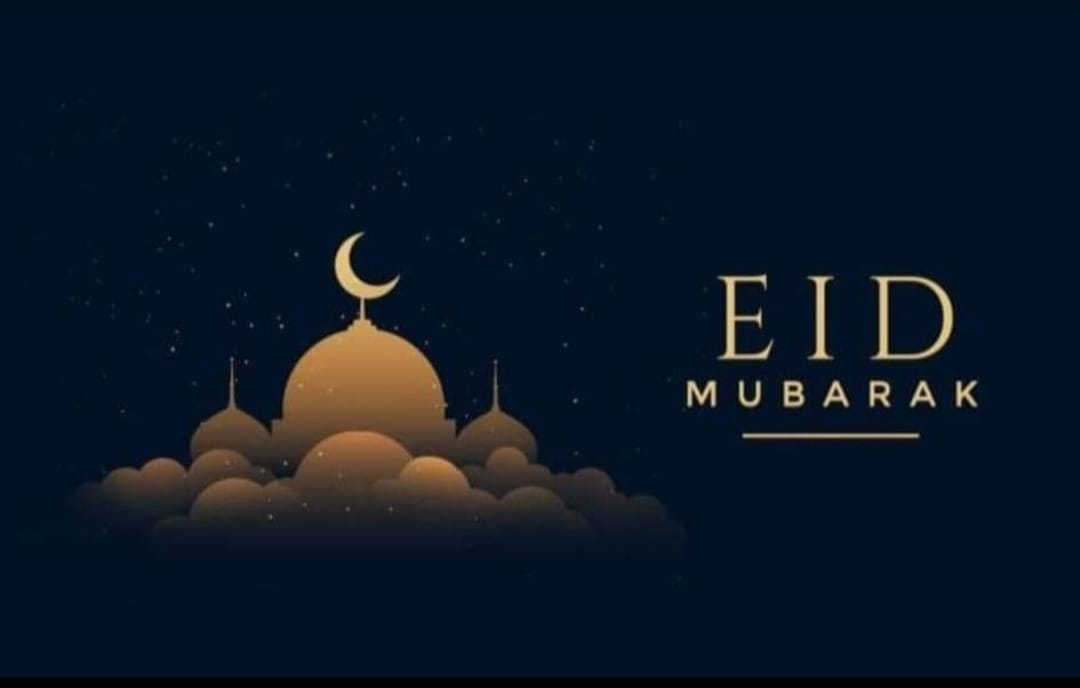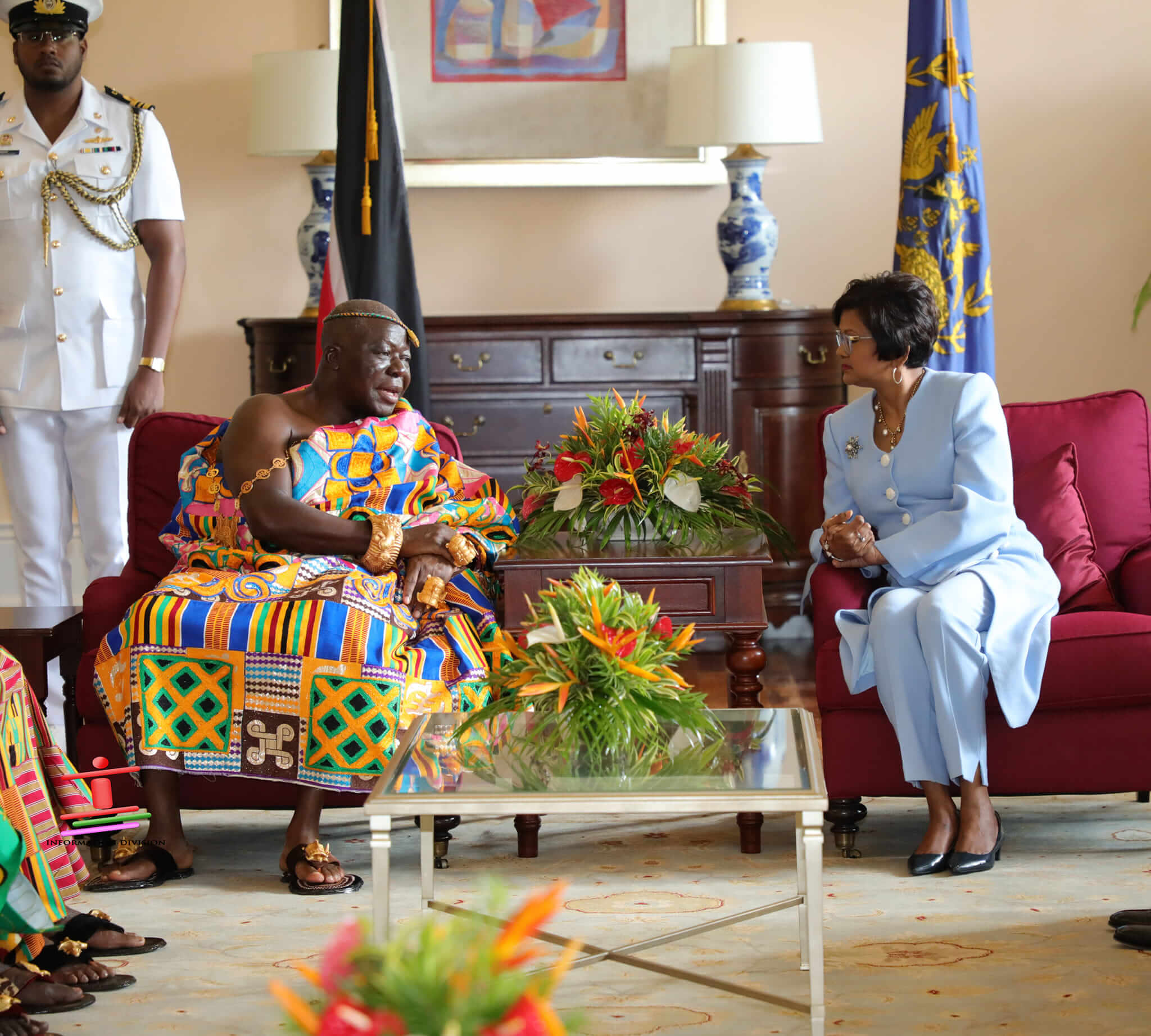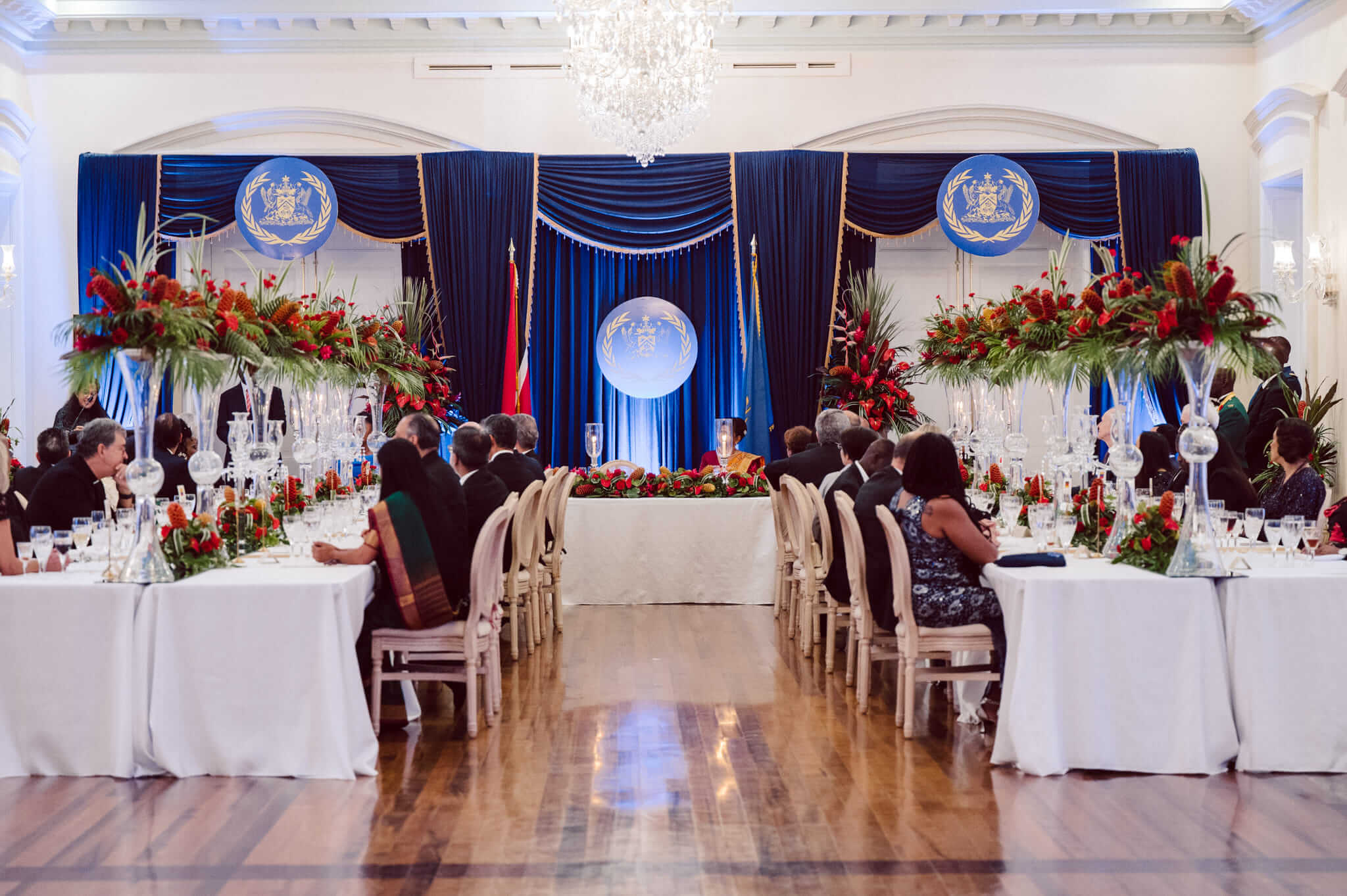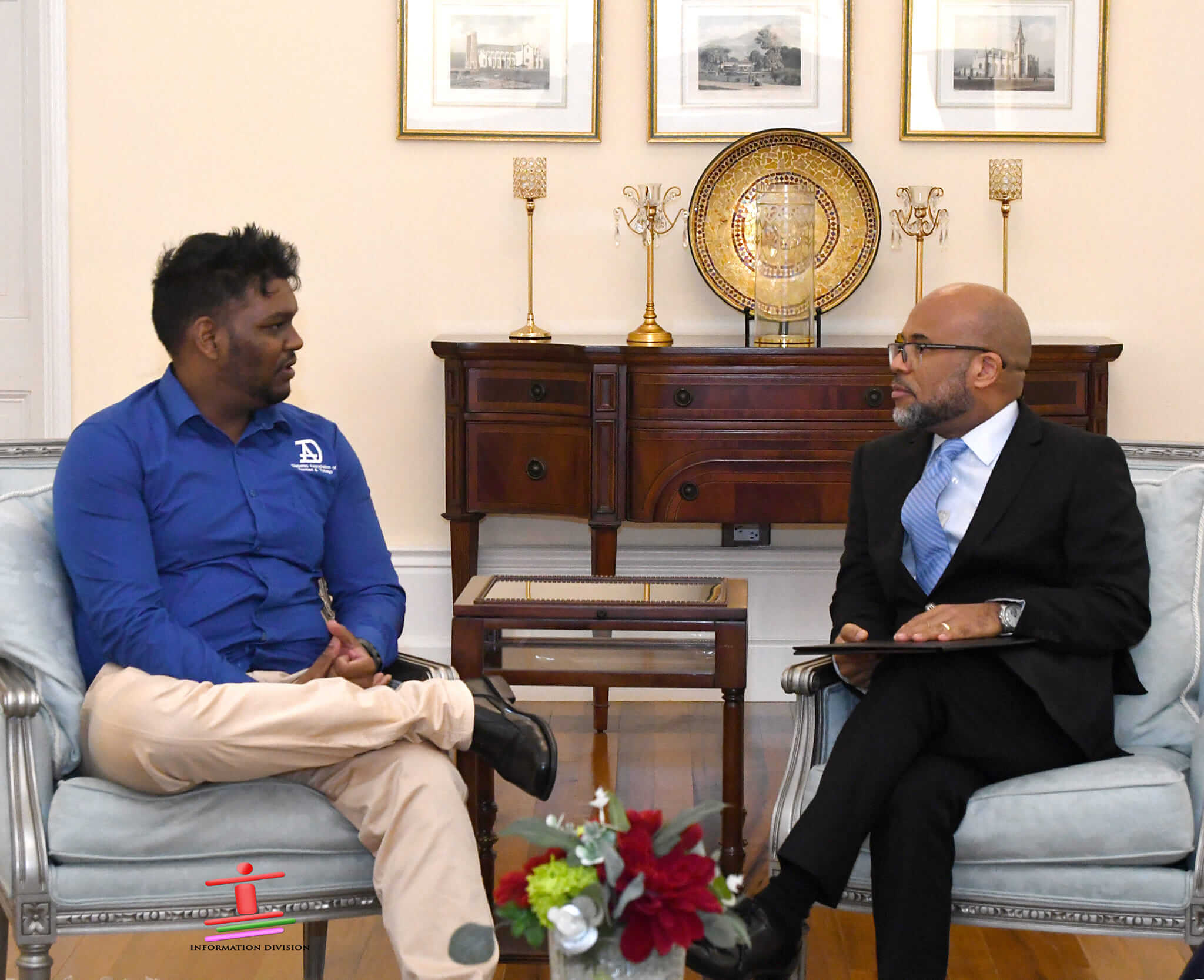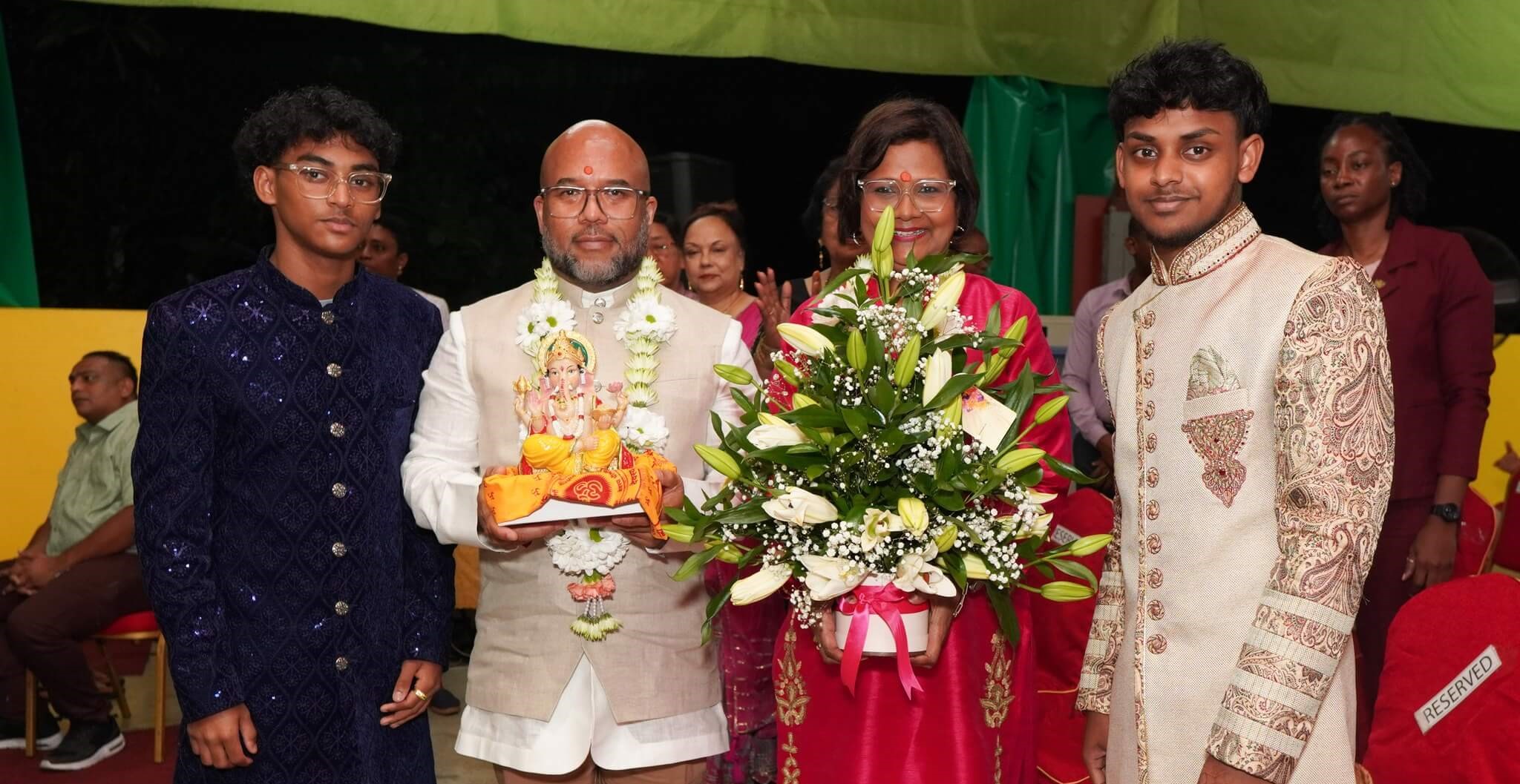Eid-ul-Fitr, the “Festival of Breaking the Fast” is commemorated today by Muslims across the country and around the world. Eid signals the end of the holy month of Ramadan, a consecrated period of fasting and prayer. Having successfully completed their sawm – one of the five pillars of Islam – Muslims experience a range of emotions: sadness – that this significant period has come to an end; gratitude – to Allah for having sustained them during their fast; and satisfaction – at having had the opportunity to experience meaningful spiritual strengthening and rejuvenation.
Muslims find tremendous comfort in the knowledge that the personal sacrifices made during Ramadan, pale in comparison to the spiritual rewards promised by Allah to those who fast. They are sustained during Ramadan by the certainty that embracing sacrifice and restraint, brings about spiritual renewal and restoration.
There is so much to be learned from our Muslim brothers and sisters and the observance of Ramadan. One of the major lessons we learn is that of the essential paradox of our existence – that it is often and only when we let go of our wants and desires, that we invite greater abundance into our lives. We learn that when we give up fleeting pleasures and temporary gratifications, we often gain enduring peace and lasting happiness. We learn that when we pay less attention to and pour less energy into our human wishes and longings, we often create the space for divinity to be at work in us. We learn the importance of reverential sacrifice and of prayerful discipline, and of the rewards that practising them often bring.
The call of Ramadan is a universal call – it is a call to learn to find fulfilment in the spiritual, and not only in the temporal and material. Just as the discipline of Ramadan precedes the joy of Eid, we are called to understand that restraint and self-sacrifice are often the precursors of deep fulfilment and of true happiness. This is a call that applies to all of us. Often, when we are called to higher duty and service, the human and understandable concern is for the disruption that such duty and service can cause to our personal lives. Ramadan and Eid are an invitation to rise above the constraints of our minds and to embrace the joy and fulfilment that are to be realised in giving of ourselves to the service of that which is larger than we are.
Ramadan and Eid are therefore an invitation to all of us to pursue joy and fulfilment by living lives of self-sacrifice and of discipline. These are the values which underpin a strong and resilient society. As we join in celebrating Eid this year, let us be inspired by the devotion to faith, and by the attitude of temperance and commitment to self-betterment exemplified by our Muslim brothers and sisters during this holy period. And let us vow to apply their wonderful example to every area of our lives.
May Almighty Allah bestow upon us all, blessings of peace and prosperity and may He accept and reward our efforts.
Eid Mubarak!

